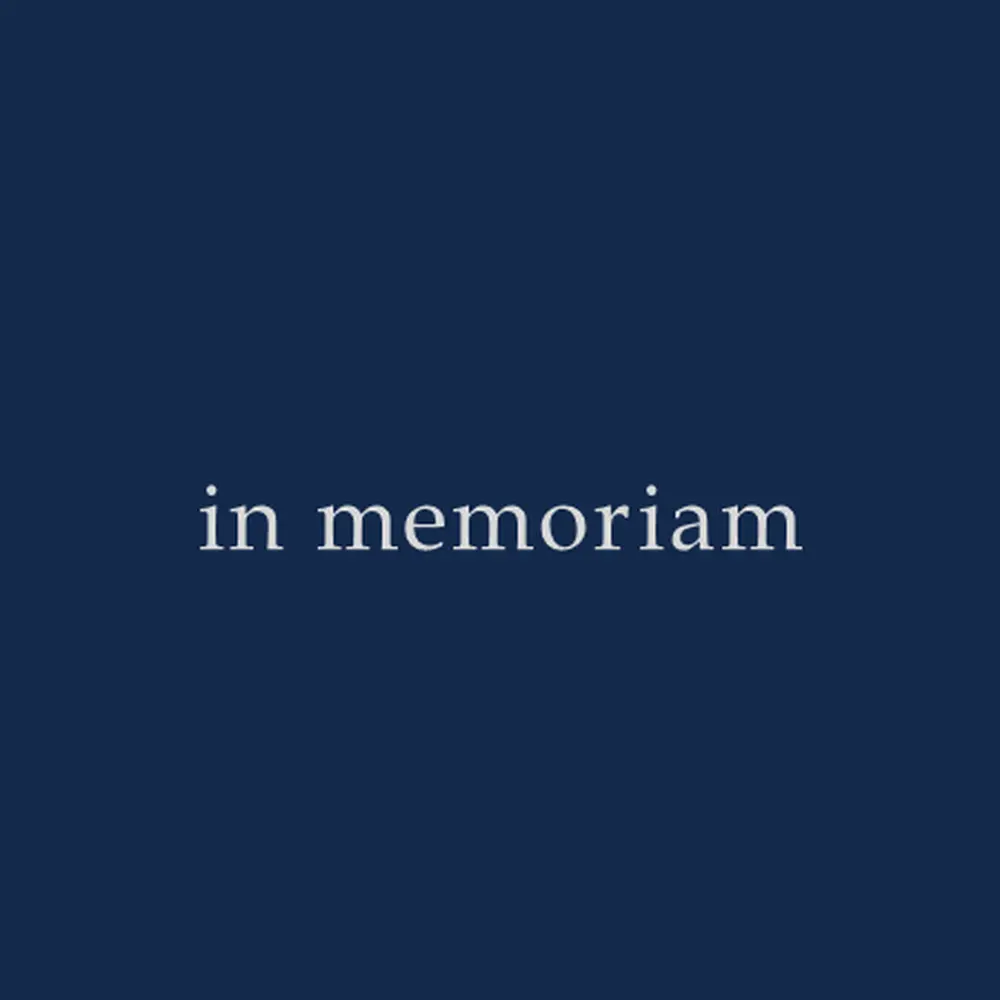
Dr. Leon Cunningham Jr., Professor emeritus of the Vanderbilt University School of Medicine died June 8, 2013. Dr. Cunningham was born in Columbus, Georgia on June 9, 1927 to Anne Thomas Bussey Cunningham and Leon W. Cunningham. He was preceded in death on September 15, 2007 by his wife of 59 years, Jean Roberta Swingle Cunningham. They were married August 21, 1948 and had three children, Hugh Alan Cunningham (Donna) of Dalton, GA; Pamela Cunningham Hawkins (Ray) of Nashville; and Sue Ellen Cunningham Miller of Nashville; four grandchildren, Kate Audley Cunningham Barske (Scott) of Groton, MA; Kelly Alden Cunningham Marksbury (John) of St. Louis, MO; Erick Kristopher Hunt-Hawkins (Hailee) of Nashville; and James Walker Leon Miller of Nashville; and one great-grand daughter, Ella Mae Barske of Groton, MA. He had one brother Thomas Bussey Cunningham (Jeanne) of Columbus, GA and one sister Martha Anne Cunningham, deceased.
Dr. Cunningham was educated in the public schools of Columbus, GA and at Auburn University, Auburn, AL.; the University of Illinois, Champaign-Urbana, IL; and the University of Washington, Seattle, WA. He received the Ph.D. in Chemistry from the University of Illinois in 1951. From 1943-45 he served in the United States Navy. From 1951-53 he participated in research in biochemistry of proteins at the University of Washington. In 1953 he joined the faculty of the Department of Biochemistry, Vanderbilt University School of Medicine as Assistant Professor, participating in teaching and research, continuing his studies of enzyme chemistry with support from the National Institutes of Health (NIH). In 1961-62 he received a Special Fellowship from the NIH to expand those research studies at the Netherlands National Defense laboratories in Rijswijk, Netherlands. This early connection with Holland grew over the years as an important part of his life and that of his family. In 1965 he was promoted to Professor of Biochemistry and in 1967 he became the first Associate Dean for Biomedical Sciences (Research) at Vanderbilt School of Medicine, invited to that role by his colleagues to undertake the direction of a new school-wide effort, funded by the NIH in recognition of Vanderbilt's existing and future scientific potential and aimed at raising the high standard of biomedical research at Vanderbilt to one of international excellence. In 1973, he was selected to be chairman of the Department of Biochemistry at Vanderbilt School of Medicine. He was named Harvie Branscomb Distinguished Professor in 1988. After leaving the chair in 1989 he returned to teaching and research until retirement as professor emeritus in 1994. He was a member of several scientific societies including the American Society for Molecular Biology and Biochemistry, the American Association for the Advancement of Science and the American Chemical Society. He contributed over 100 papers and to seven books in the field of protein structure, enzyme mechanisms and glycoproteins. He was a member of peer review biochemical study sections of the NIH and of the editorial boards of journals in the fields of connective tissue and glycoproteins. Over the late 1980s until his retirement, the Department of Biochemistry achieved regular national recognition as one of the top three departments nationally in National Institutes of Health research funding.
His major professional satisfactions were the successful overall achievement by Vanderbilt's School of Medicine faculty in the 1990s of the goal set in 1967 of major international recognition in biomedical research, and especially the major role of his colleagues in the Department of Biochemistry. He always regretted that the laboratory research and association with graduate students that first led him into his career in biochemistry was abbreviated by his later broader commitment to the School of Medicine. He was a member of Calvary United Methodist Church from 1953.